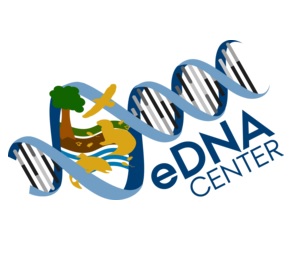New project: Environmental DNA (eDNA)
As contributor or substitute of traditional methods for environmental monitoring?

Senior scientist Anne Winding, Department of Environmental Science, has received funding from AU Faculty of Science and Technology for Synergy creating activities with science-based policy advise for the project ‘Environmental DNA (eDNA) as contributor or substitute of traditional methods for environmental monitoring? – pros, cons and potentials. The total budget is DKK 500,000, Anne’s part is DKK 231,698.
Environmental DNA (eDNA) is a series of methods based on DNA collected directly from the environment to identify the presence of organisms either by Q-PCR or by metabarcoding at the individual, population, species, genus or family level or for the determination of biodiversity and ecosystem characterization.
Both within the terrestrial and aquatic environment, it is expected that eDNA will play a significant role in future environmental monitoring. eDNA builds on skills in molecular biology, population genetics and bioinformatics coupled with ecology, biology and/or agronomy.
Currently, eDNA activities and competences are present at various ST departments, without widespread unifying activities. Therefore, the purpose of this synergy activity is to couple the AU relevant competences and build strong and competitive environments at ST within eDNA research area, which can be brought into play by the future use of eDNA techniques for monitoring and characterization of natural ecosystems both in consultancy tasks and in research projects.
This will be done through a variety of workshops and symposia, both with and without the participation of external national and international researchers with expertise in the area, as well as stakeholders.
Please contact Anne Winding (aw@envs.au.dk) for further information.
